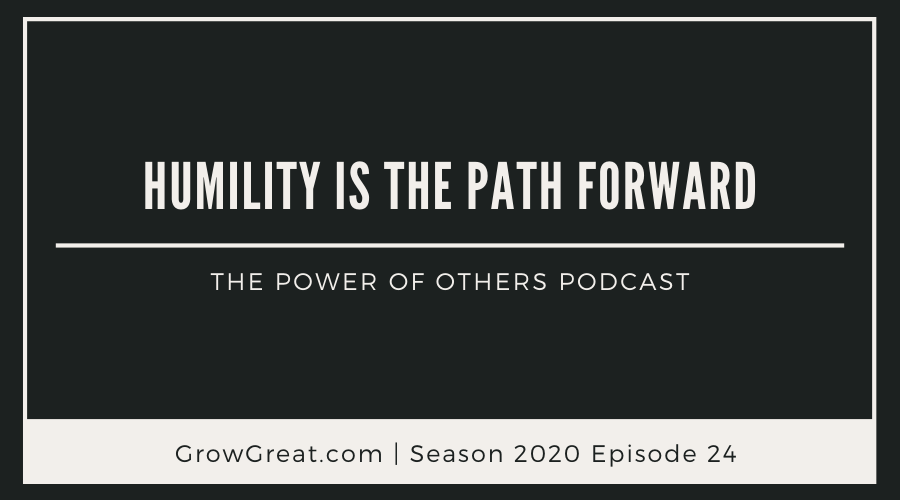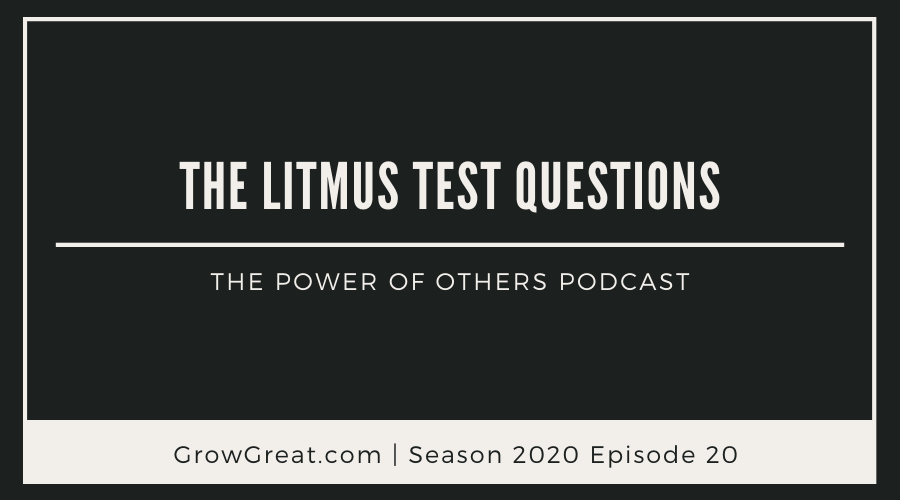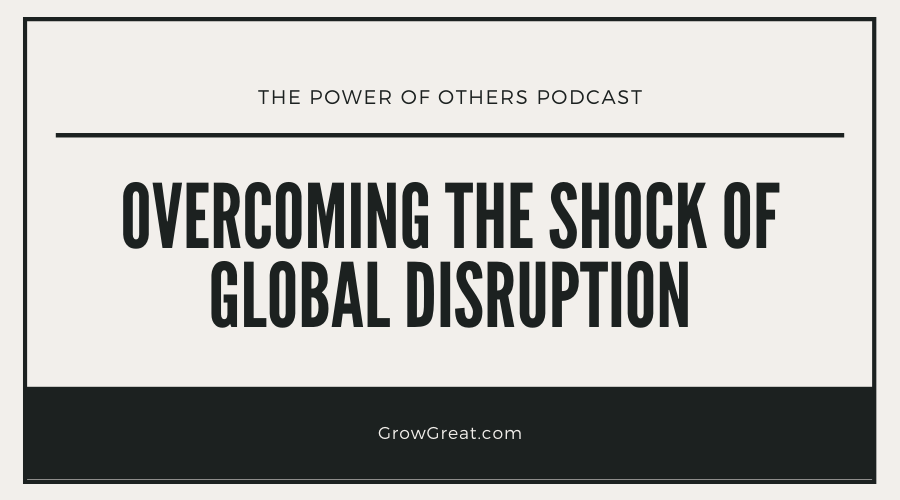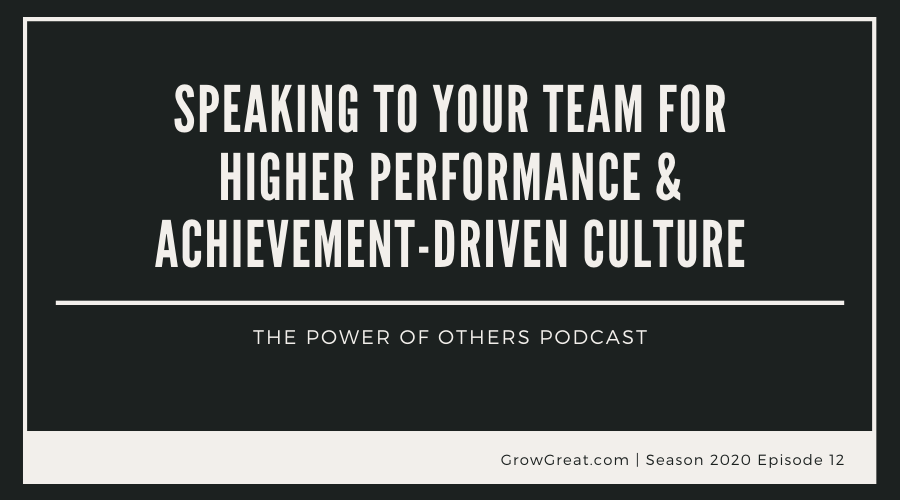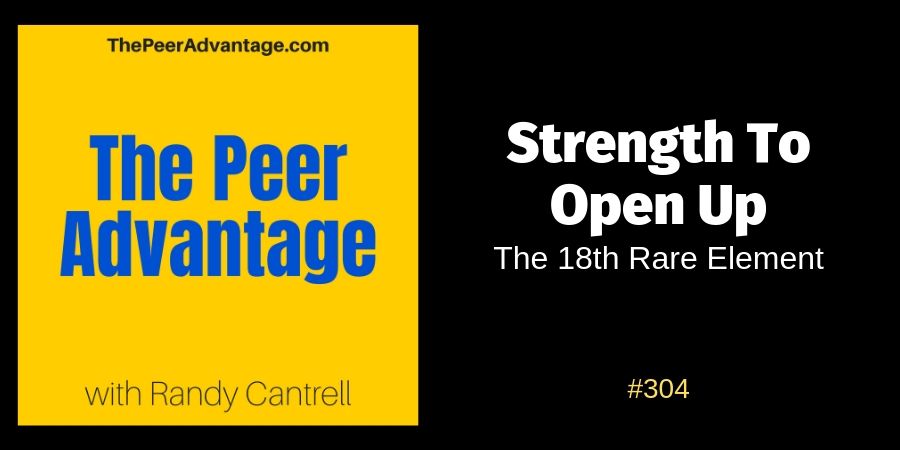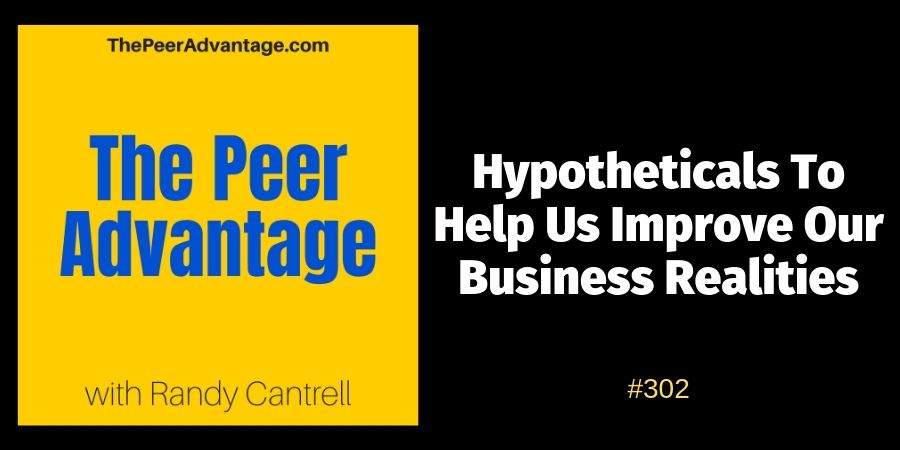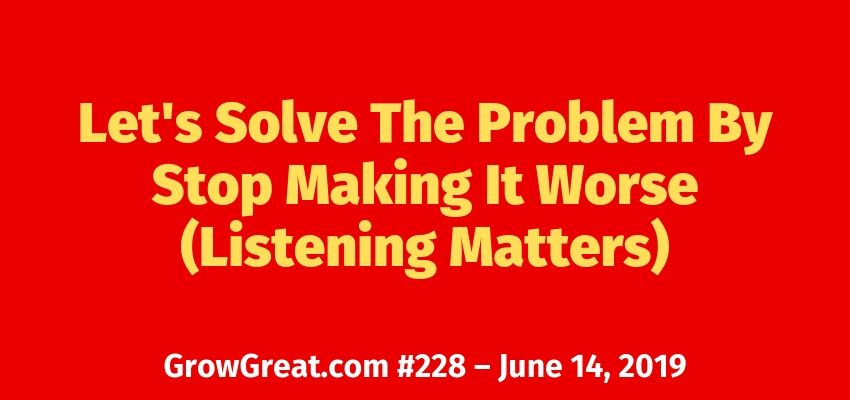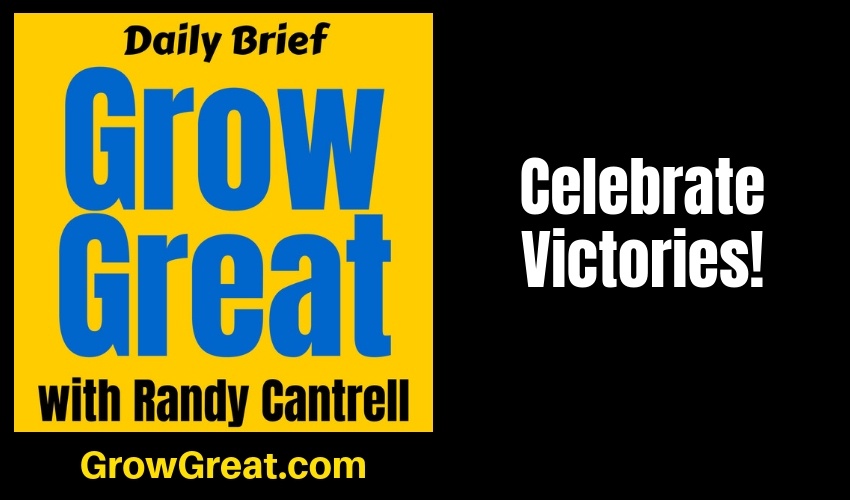Giving Thanks, Greeting Winter & Making Plans – Season 2020, Episode 37
Podcast: Play in new window | Download (Duration: 29:57 — 27.4MB)
Subscribe: Apple Podcasts | Spotify | RSS | More
The air is clear but cool. It’s about 40 degrees.
I’m staring at some woods, watching chipmunks, squirrels and all kinds of birds flitter around.
Chilling out means exhaling. Inhaling, too. Slowly. Deliberately. But naturally. The kind of breathing that helps melt away whatever may be vexing a person’s emotions or thoughts.
And I’m thankful.
Thankful to be in this moment. Thankful for the people who surround me – mostly my wife of almost 43 years. But the list of things I’m thankful for seems to extend exponentially each year. It happens with age I suppose. This is just a sample of things for which I’m thankful – things that have made an enormous difference in my life:
- Christian grandparents and parents – a legacy of faith and fidelity is the most priceless gift I’ve ever been given
- A godly woman who accepted my proposal many years ago and remains one of the best women I’ve ever known
- Family, including 5 grandchildren who are healthy and growing up surrounded by people trying to show them the way to their very best life
- Old men who taught me so much and inspired me to be that old man for others
I’m blessed physically, materially, and financially. But those things don’t top my list. The truth is if they crack the top 10 they’re in the lower portion. We’re working folks. Financial independence has never been the goal. We’ve raised a family and been able to live more comfortably than the majority of the planet. I’m thankful for that, but not more than the people who have made such a dramatic contribution to helping me grow, improve and make the necessary corrections along the way.
When you dwell on gratitude, does it provoke you to think of things you desperately wish were different? Yeah, me, too.
Everybody experiences grief, sorrow, sadness and loss. Sometimes, as with the death of the old men in my life, I’m able to embrace the quote from Dr. Suess…
Don’t cry because it’s over. Smile because it happened.
But sometimes the loss is different and I’m not ever able to smile. I can only cry. You’ve got some things in your life like that. Things that lay you low when you dwell on them.
As you grow older, sloping toward being old…you encounter peers who have heartbreaking stories. Stories of loss, regret, and sorrow. That’s why I encourage you to find a place – perhaps a physical place or maybe it’s just some ideal place you create in your mind – where you can inhale and exhale. A place where you get find a respite from that pain. The kind of pain you’re powerless to do anything about…except in finding a path forward for yourself. These stories I hear always involve somebody, usually a family member, who made (or is making) extraordinarily high priced choices. Such stories involve drug abuse, criminal behavior, imprisonment, loss of a good name and so many negative consequences that impact millions of families around the world. I listen to the stories people share about their pain – a pain they simply must manage – and I’m made to better understand the universal reality that sin, bad judgment, and selfishness have impacted all of us. All of us!
Grow Great is the URL and the name of the podcast. Sometimes people will ask, “How do you measure greatness?” I always respond the same way, “It depends.”
Mostly on what you’re talking about. When it comes to human life it’s not the same as a business process. I thrive on finding ways to be more effective and efficient. Take a look at the activities inside an organization and it’s easy to find ways to improve – ways to work better at growing great. Listen to the stories of bad human behavior and we mostly use the same terms to describe it. Wasted. A wasted life. Nothing is sadder.
How do you measure greatness in a human life? I can think of some ways worth thinking about, but I don’t claim to have precise wisdom about it. One way goes back to the things I’m thankful for – the folks who had such a profoundly positive impact on my life. People who made me better. Or tried to. People who refused to let me just go any old way I might want to. People who loved me enough to steer me in ways that would help me improve, mature, and grow. People unwilling to be cheerleaders as I leaned into selfish, willful behavior that could have destroyed me. People more willing to challenge me to consider the consequences so I could learn to make better choices. In my life, those were people (and still are people) who make measuring greatness easier!
I’m very thankful for the great people in my life. You don’t likely know their names unless you’ve heard me talk about them here. They’re not famous or noteworthy for having done great things as we usually measure greatness. But they made big differences in my life and in the lives of others, too.
As the chipmunks scurry from rock to rock it’s easy to tell that winter is coming. Within a few days, we’re forecasted to have our first freeze. It won’t be long now until the nights are very cold and the days require wool caps. The critters know winter is coming. They’re fattening up. Storing food away. Doing whatever they must to survive during the coming months. I’m supposing their thankful for whatever food they’re finding right now.
Some of them won’t survive. I wonder if the lack of preparation will cost some of them. So these animals who act out of instinct make stupid choices like we sometimes do? Are some of them careless? Do some of them neglect to think about the negative consequences of their choices? I don’t know, but I suspect so. Some will pay the price.
Others will suffer through no fault of their own. Age will catch up with some. Sickness will strike others. Some will become food for predators. Things happen.
As winter approaches I watch these animals go about their morning business. And I wonder what they’re thinking. What they may be thankful for. What their plans might be as they each hunker down in their own way for colder weather.
It’s put my life in perspective watching them work diligently today as they start a new day. Mostly, I suspect they’re doing today what they do every day – working to make life continue today. Likely not making any long-term plans. Maybe making no plans at all. Survival is the main thing, but watch squirrels chase each other, or birds or chipmunks do the same and you realize there’s some play involved too.
I’m trying to keep my socked feet warm this morning, but I don’t yet feel like putting on shoes. So I wrap a blanket around them and sit under an outdoor radiant heater that provides just enough relief warmth to make it tolerable wearing flannel. I’m thinking about these critters. Thinking of what I might learn from them. Mostly wishing I was as nimble and agile.
Last night it dipped below freezing for the first time since last winter. Some great things happen with the first freeze. Mosquitos disappear. That’s the priority in our part of the country. A big plus. But the skies are about as blue as they ever get. Clouds clear and there are many days when there’s not a single cloud in the sky. My father, who is now 97 and a World War II veteran, has said that during his days stationed in England during the war he’d tell the Brits about blue-sky days where not a single cloud could be seen. The Brits didn’t believe him. But it’s true. Especially when winter comes.
I’m making notes. Making plans. Not just for the new month ahead – December – but longer term. For the new year. And for the next couple of years. It feels like a good time to get more concrete in what I’d like to make happen. Or at least the things I’d like to influence more heavily to happen. Time will tell whether any of our plans will come to fruition. It’s up to us to give it our best shot.
My dad is clearly in the winter of his life, but he still has plans, dreams, and goals. One never knows the moment when life here will end, but based on the odds, I’m clearly in the fall of my own life with winter coming up fast. 😉 My plans aren’t quite like my father’s, but I suspect few of us have identical plans. Generically, we all plan for life to be better. For business to be stronger. For the financial windfalls to be larger. For our lifestyles to be improved. For our health to remain well, or better. We plan for things to be better!
What are your plans?
How specific are they?
Do you have planned strategies to help you get there?
Do you have processes, specific actions you’re going to take, to advance you toward your ideal outcome?
In the second half of 2020, I’ve become increasingly fixated on anticipation of the ideal outcome. For starters, if it’s worth doing – it’s worth doing well. It’s worth being world-class at it. Or at least trying to be. And if that’s the ideal outcome, how much more fun is it to chase that than to pursue mediocrity?
Then why don’t more of us do that? I have theories, but I’m not sure. I suspect too many of us don’t think it’s possible so we talk ourselves out of it before we even begin to think too seriously about it. Others of us may be too lazy, thinking it just requires more work than we’re willing to put into it. All I know is that winning is so much more fun than losing. Being superior is so much more fun than being average. For me, it’s worth the effort and sacrifice.
Planning for success – and superior performance – isn’t a guarantee that we’ll achieve it. But I can guarantee that if you don’t plan for it, and put in the work to achieve it – you won’t find it. That’s a sure bet!
I’m ending the year more optimistic than I’ve been in a long time. No, it’s got nothing to do with the White House. Or which party wields the most power in the Senate or Congress. It’s a choice. Pure and simple. A choice.
Few things are more powerful than a mind made up.
That includes a foolish mind determined to live as stupidly as one can. It includes a wise mind determined to be as profitable as possible, too. I have a hobby podcast called Leaning Toward Wisdom (one I started when my kids were in high school – many moons ago) because a lifelong goal has been to lean increasingly more away from my own foolishness and more toward wisdom. It’s a work in progress.
Well, early this year – before the pandemic arrived – I made up my mind to embrace optimism as much as I possibly could. Not some rose-colored glasses idealism, but true, genuine optimism that might drive me to behave in ways that best suited achieving something better.
I got very precise. Clear.
Precision provides a vision that’s very different than some generic viewpoint. If you dream of doing something and your vision is general – non-specific – it’s not likely going to serve you as well. But to get down to the nitty-gritty details of the thing – whatever it may be – fuels us. Neuroscience has proven that we have a capacity to insert ourselves into situations we’ve never experienced and just vivid imagination works to give our brains the same reactions as when we really experience those things. In other words, our minds don’t often know the difference between real and imagined. At least in some sense.
That’s a pretty powerful thing. To know we have the capacity to think about something, with clear, vivid detailed imagination and by doing so insert ourselves into a reality which just might fuel our actions and behaviors to help make that happen. It’s where the pursuit of the ideal outcome starts!
So get very clear and detailed about your desired outcomes. Make them measurable and concrete. Avoid vagueness. Avoid the generic. Be precise.
Now answer the question – how am I going to proceed? And yes, that includes asking, “Who can help me get there?” Again, precision pays. Make concrete next steps. What’s the first thing you’re going to do? Then what?
If you’re like me – and most all the rest of us mere mortals – you’ll likely find not every step works as we had hoped or planned. So we’ll adjust. Embrace it. It’s part of the process of learning, growing and improving. We figure things out as we go. What we thought we knew when we started, we quickly learn we had it wrong. No problem. Now, we have the chance to fix it and get it right so we can plan the next steps.
Life is that constant, never-ending quest of getting it right, or wrong – so we can keep figuring it out.
My plans for the rest of 2020 and for 2021 include a more intense focus on finding ways to achieve measurable improvement. It’s how I’ve spent my entire career – finding ways to get better – but for the past dozen years or so I’ve been concentrating on helping others figure it out. Back in the summer, I began working to craft a framework that would accelerate the learning so leaders could more systematically achieve high-performing cultures. You’ll start hearing more of that content here starting in January 2021.
Those are work/career/professional plans. Like you, they fuel personal plans. My wife and I have some exciting things that we’re working on personally. Her career and my career are important components to the process because it’s by way of our professional lives that we can hit our personal goals. Well, at least some of them.
As the cold creeps deeper into my socked feet, I realize it’s time to go inside and get fully dressed for the day. Watching nature, including all these critters, I’m more aware than ever how it all works together. Work. Play. Rest. Maybe life was different long ago. More compartmentalized. I’m not sure, but I know my work has never been very disconnected from the rest of my life. These squirrels, birds, and chipmunks aren’t one-dimensional. As humans, you and I are even less so because our lives are much more complex than these animals in the woods.
That’s another part of leadership that we too often discount – the impact of one area of our life on the other areas. We like to think we’re able to neatly put things in place and keep them from spilling over into other areas. The leaders enduring a messy divorce is not immune to having that messiness enter all areas of their life. Leaders suffering health challenges are sure to find themselves suffering other challenges provoked by that challenge. It can’t be helped. That whole “leave it at the door” notion is absurd. And it’s not human.
My commitment as we begin December 2020 – a December none of us ever saw coming given the pandemic – is to serve more people to find ways where challenges can be better managed and opportunities better seized. It’s an easy commitment for me to make because I know a secret.
Who you surround yourself with makes the difference!
I want you to surround yourself with people who make a positive difference. People capable and willing to help you overcome, endure, and persevere. Part of my plan for my own life is to continue the process of saying NO to some things so I can say YES to more profitable things – things that will make me better. Things that will help me grow.
That’s my wish for you, too. I hope I’m helping you.
Be well. Do good. Grow great!

Giving Thanks, Greeting Winter & Making Plans – Season 2020, Episode 37 Read More »

